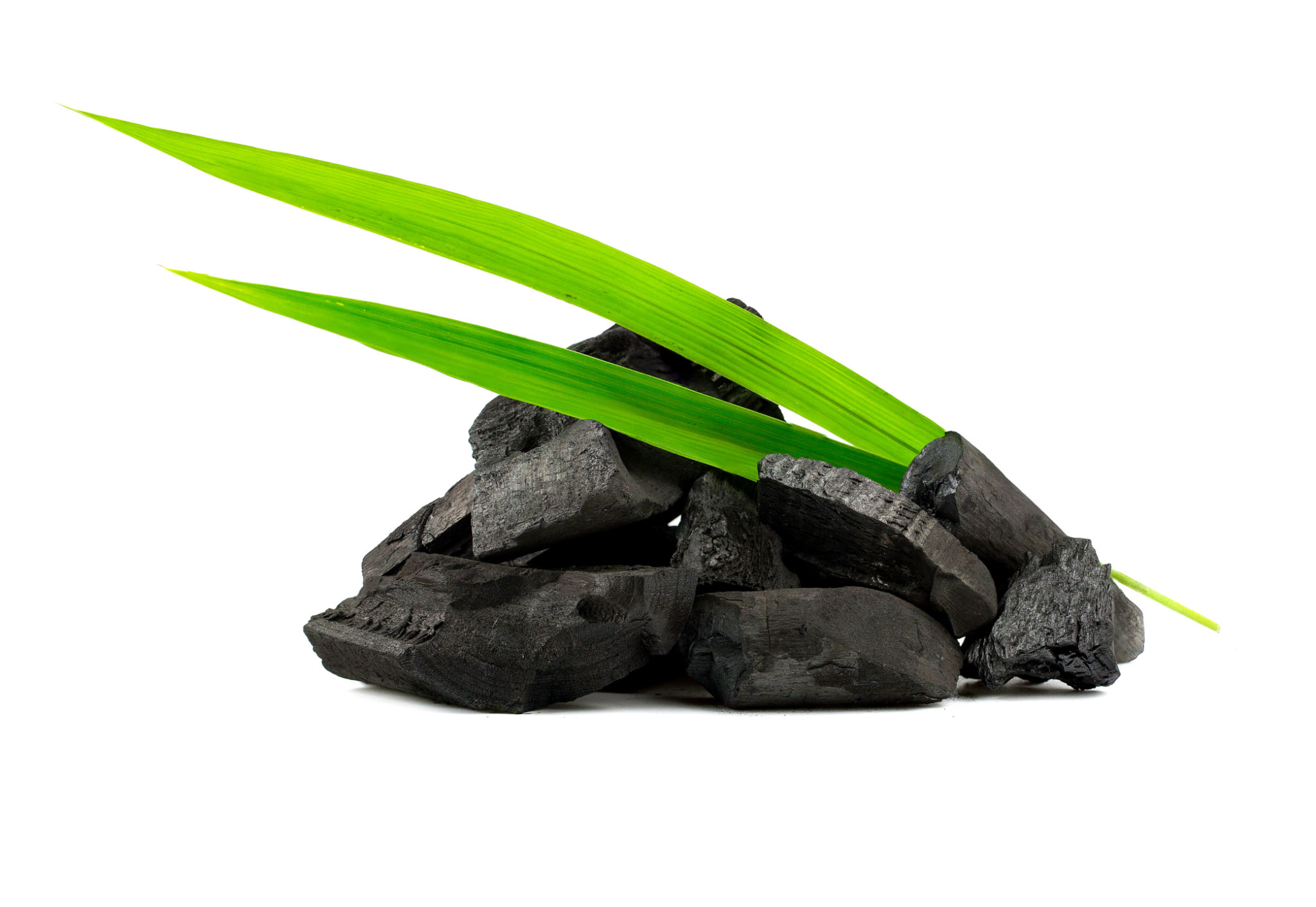Why Choose Bamboo Charcoal Over Traditional Activated Carbon?
Understanding Bamboo Charcoal and Traditional Activated Carbon
Activated carbon has long been a staple in air and water purification, but a new contender is making waves: bamboo charcoal. While both serve similar purposes, they differ significantly in terms of source material, production process, and environmental impact. In this post, we'll explore why bamboo charcoal is becoming the preferred choice over traditional activated carbon.

Sustainability and Environmental Impact
One of the most compelling reasons to choose bamboo charcoal is its sustainability. Bamboo is a highly renewable resource that grows quickly without the need for pesticides or fertilizers. This makes it a much more eco-friendly option compared to traditional activated carbon, which is often derived from coal or hardwoods.
Moreover, the production of bamboo charcoal involves lower carbon emissions. The process of converting bamboo into charcoal is more energy-efficient and leaves a smaller carbon footprint, making it an attractive choice for environmentally conscious consumers.
Enhanced Adsorption Capabilities
Bamboo charcoal is renowned for its superior adsorption capabilities. Its porous structure allows it to effectively trap impurities, odors, and toxins from the air and water. This makes it particularly effective in applications like air purifiers, water filters, and even personal care products.
While traditional activated carbon is also efficient, bamboo charcoal's higher surface area means it can adsorb more contaminants, ensuring cleaner air and water for your home or business.

Health Benefits
Bamboo charcoal not only purifies but also offers health benefits. It has natural antibacterial properties that help reduce allergens and pathogens in the environment. This can be particularly beneficial for individuals with allergies or respiratory conditions.
In addition, bamboo charcoal is often used in personal care products due to its ability to detoxify and cleanse the skin. This makes it a versatile and beneficial component in daily health and wellness routines.
Economic Considerations
When considering long-term use, bamboo charcoal can be more cost-effective. Its durability allows it to be reactivated and reused multiple times, reducing the need for frequent replacements. This can lead to significant savings over time compared to traditional activated carbon products.
Additionally, as the demand for sustainable products increases, the price gap between bamboo charcoal and traditional activated carbon is narrowing, making bamboo charcoal an economically viable option for many consumers.

Aesthetics and Versatility
Bamboo charcoal's sleek black appearance makes it a popular choice for aesthetic purposes as well. It can be integrated into modern home decor while serving its practical purpose of purification. This versatility extends beyond just air and water purification; bamboo charcoal can also be used in everything from art installations to decorative planters.
Its lightweight nature further adds to its versatility, allowing it to be used in a variety of settings without adding unnecessary weight or bulk.
Conclusion
Choosing bamboo charcoal over traditional activated carbon offers numerous advantages, from enhanced sustainability and adsorption capabilities to health benefits and economic savings. As more consumers become aware of these benefits, bamboo charcoal is set to become an increasingly popular choice for those looking to make environmentally friendly and effective purification decisions.
For those committed to preserving the planet while maintaining high standards of air and water quality, bamboo charcoal presents a compelling alternative that marries performance with sustainability.